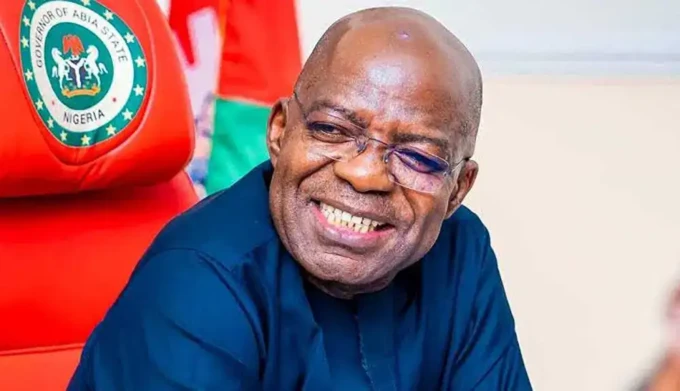Since assuming office in May 2023, President Bola Tinubu has implemented a series of bold economic reforms aimed at revitalizing Nigeria’s economy. These measures, collectively termed “Tinubunomics,” include the removal of fuel subsidies, unification of the exchange rate, and efforts to attract foreign investment.
The elimination of fuel subsidies was a cornerstone of Tinubu’s economic strategy. While intended to reduce government expenditure and reallocate funds to critical sectors, this move led to a significant increase in fuel prices, tripling the cost at the pump. Consequently, inflation surged to a 30-year high, with food prices rising by 35%, placing a substantial burden on the average Nigerian household. (forbes.com)
In tandem with subsidy removal, the administration unified the exchange rate, allowing the naira to float against the U.S. dollar. This decision resulted in a sharp depreciation of the naira, which lost about 70% of its value within a year. The currency’s decline has made imports more expensive, further exacerbating inflationary pressures and diminishing the purchasing power of Nigerians. (apnews.com)
To mitigate the adverse effects of these reforms, the government secured a $2.25 billion loan from the World Bank. Of this, $1.5 billion was allocated to assist those facing increased poverty due to rising inflation, while the remaining $750 million aimed to support tax reforms and address issues like oil theft. Additionally, $800 million was designated for a cash transfer program intended to benefit up to 70 million people, providing some relief to the most vulnerable segments of the population. (apnews.com)
Despite these interventions, the economic landscape remains challenging. The removal of fuel subsidies has led to a more than 600% increase in petrol prices, with a litre now costing around ₦1,200. The floating of the naira has led to extreme currency fluctuations and economic instability. Despite attempts to stabilise the currency, the naira has continued to depreciate and is now becoming one of the world’s worst-performing currencies. Foreign investment has dropped to $654.7 million. The number of poor people has risen to 104 million, and unemployment continues to grow, with official youth unemployment reaching 8.6%. Millions of Nigerians are struggling to access food, prompting even the International Monetary Fund (IMF) to name food insecurity an immediate policy priority. (internationaliststandpoint.org)
International bodies have recognized the government’s efforts. The International Monetary Fund (IMF) welcomed the reforms, forecasting a 3.1% economic growth for Nigeria in the coming year. Similarly, the World Bank acknowledged the positive impacts of the policies, noting improvements in macroeconomic stability. However, both institutions emphasized the need for sustained momentum in implementing these reforms to achieve long-term growth and poverty reduction. (bloomberg.com, politicsnigeria.com)
President Tinubu’s economic policies have initiated significant structural changes in Nigeria’s economy. While these reforms aim to address long-standing fiscal challenges and promote sustainable growth, they have also led to immediate economic hardships for many Nigerians. The effectiveness of these policies will depend on the government’s ability to balance short-term relief with long-term economic objectives, ensuring that the benefits of reform are equitably distributed across the population.












I disagree with the articles praise of Tinubus economic policies. His track record shows more harm than good.
I dont buy into the hype around Tinubus economic policies. We need concrete results, not just promises. Lets see real change!
I think Tinubus economic policies are promising, but lets see if they can truly make a positive impact on Nigerias future.
Im not convinced that Tinubus economic policies will truly benefit Nigerias future. Lets discuss the potential risks and drawbacks.